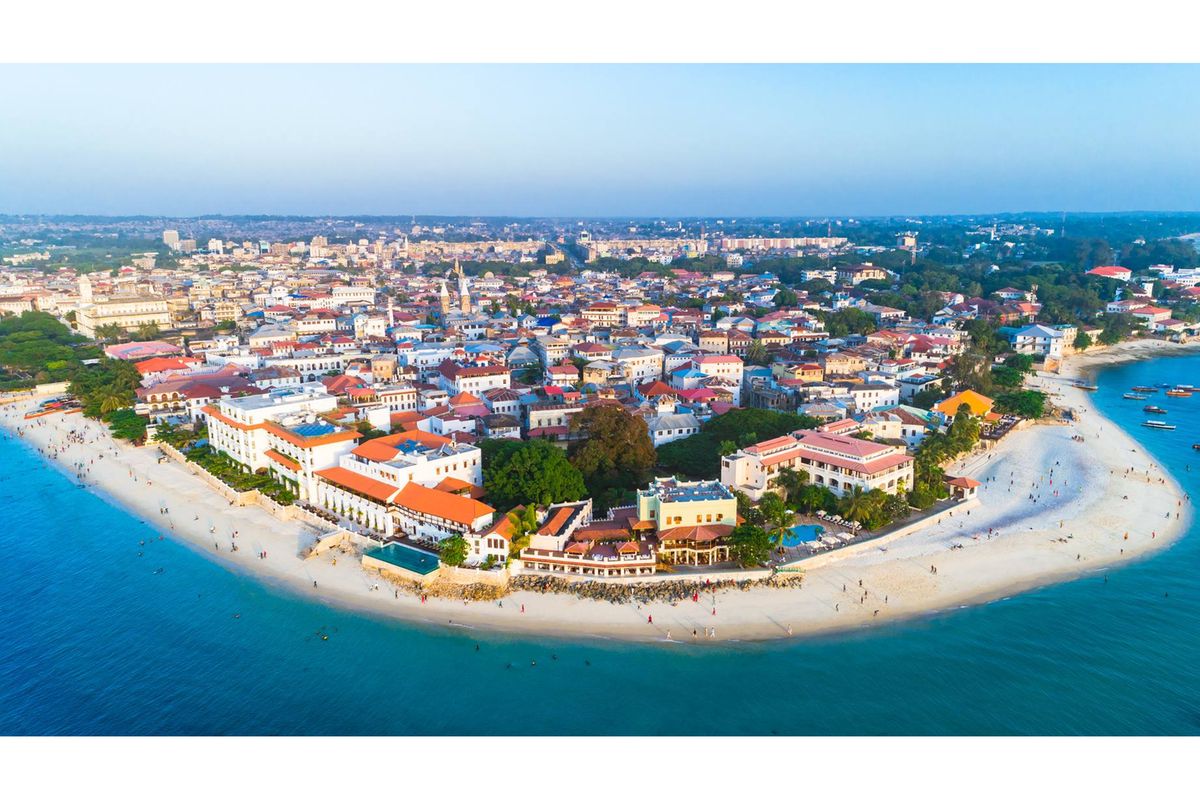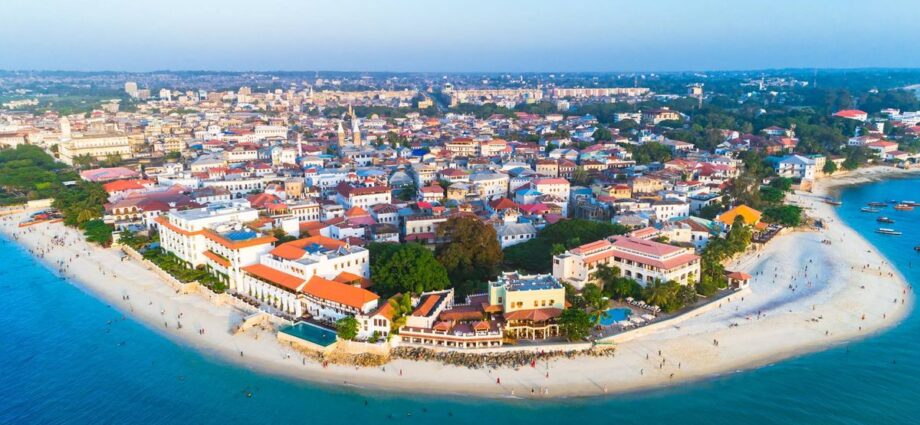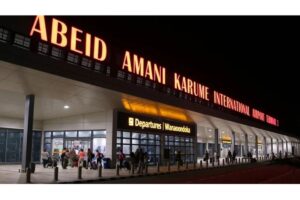
Unguja. Zanzibar is set to benefit from a substantial €1.2 million (over Sh3.5 billion) in technical assistance aimed at building climate-resilient urban infrastructure.
The funding comes as part of a broader program led by EIB Global to assist East African cities in developing sustainable urban projects that address climate change and environmental challenges.
This initiative, primarily funded through the City Climate Finance Gap Fund, is designed to help cities develop early-stage climate projects that can eventually attract financing for full-scale implementation.
The cities benefiting from this technical assistance include not only Zanzibar but also various cities in Kenya, Uganda, and other parts of Tanzania.
For Zanzibar, the primary focus of the EIB Global assistance is analyzing wastewater treatment options for Stone Town, the island’s historic and densely populated urban center.
The technical support will involve assessing various alternatives for wastewater treatment, identifying the most effective solution, and formulating a comprehensive action plan for implementation.
This is a crucial step for Zanzibar as it seeks to address the growing challenge of water and sanitation in the face of increasing urbanisation and climate impacts.
In addition to wastewater treatment, the program will offer capacity-building measures to ensure that local authorities have the expertise and tools needed to manage and implement these projects effectively.
While Zanzibar takes center stage with its wastewater treatment plans, the program also extends support to other cities in the region.
From Kenya’s Kisumu and Malindi to Uganda’s Makindye, the technical assistance targets key urban issues such as solid waste management, flood mitigation, and sustainable mobility.
The program includes evaluating waste-to-energy solutions, promoting non-motorised transport options, and enhancing green spaces through urban forestry initiatives.
EIB Global’s role in this partnership is to provide cities with the technical expertise needed to design investment-ready climate projects. The aim is to help cities bridge the financing gap that often hinders the implementation of crucial climate adaptation and mitigation strategies.
As climate change continues to exacerbate urban challenges, Zanzibar’s engagement in this program marks a critical step towards building a more resilient and sustainable future.
The city’s efforts to address wastewater treatment, combined with wider initiatives for waste management and green infrastructure, will ensure that Zanzibar is better equipped to handle the climate-related stresses of tomorrow.
According to EIB Vice President Thomas Ostros, “Cities and local governments play a key role in fighting climate change because they experience its effects the most. However, they often struggle to develop climate-resilient infrastructure, mainly due to a lack of resources and expertise to create strong, investment-ready projects. Through its support for the Gap Fund, the EIB helps cities bridge these gaps and prepare effective climate projects.”
The European Investment Bank’s support is providing the tools and expertise that will help cities like Zanzibar not only tackle the challenges posed by climate change but also take proactive steps towards a more resilient, green urban future.













